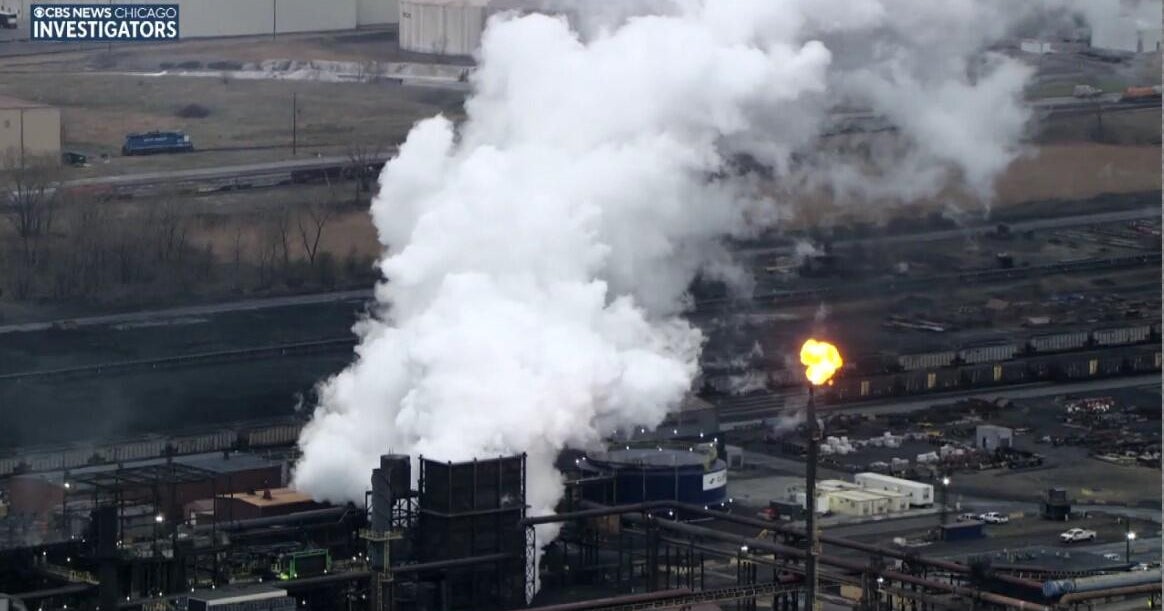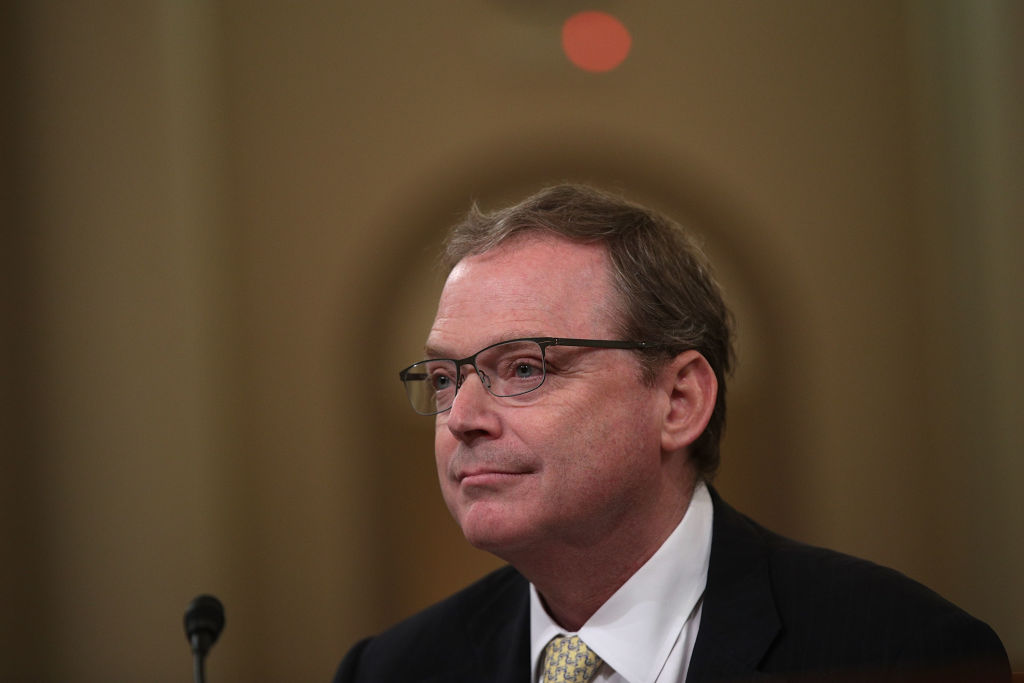Stanley Fischer, Federal Reserve vice chair, resigns
In a surprise move that could augur a shakeup at the U.S. central bank, Federal Reserve Vice Chairman Stanley Fischer announced Wednesday that he would resign next month for "personal reasons."
Fischer, 73, praised the economic recovery in his resignation letter, saying it was "a great privilege" to work on the board alongside Fed Chair Janet Yellen. Fischer, who has been a member of the central bank's board for three years, was not scheduled to leave the Fed until June of 2018. He will step down on Oct. 13.
Paul Ashworth, chief U.S. economist with Capital Economics, said Fischer's abrupt departure could signal that Yellen, a close ally of the vice chairman, is unlikely to be renominated for a second term when her current tenure ends in February.
"[W]ithout additional clarity, the markets will jump to the conclusion that this lowers the odds of President Donald Trump nominating Yellen for a second term as Chair. Yellen and Fischer are viewed as being close and appear to share very similar views on both the monetary policy outlook and regulatory issues," he wrote in a research note.
Fischer's resignation gives President Donald Trump the chance to exert more control over the Fed's Board of Governors. That panel, which steers policy on interest rates and other monetary policy matters, consists of seven members, who are nominated by the president and confirmed by the Senate.
Mr. Trump now has four seats to fill on the board, including that of chair; he also recently nominated Randy Quarles to be vice chairman of supervision. Yellen and Fischer are strong advocates for financial regulation, but a turnover in the Fed's membership could play into the Trump administration's push to unravel the 2010 Dodd Frank financial reform law.
"At a minimum we would expect [Mr. Trump's] nominees to broadly support deregulation," a change that would benefit big banks, Cowen analyst Jaret Seiberg said in a note.
But the president might have a hard time choosing a Fed chair, Seiberg added, because Mr. Trump seems to want to keep interest rates low. His best bet for keeping a lid on rates might be to renominate Yellen, who has largely been "dovish" in pushing to stimulate economic growth by keeping the cost of capital low.
The central bank is slowly raising interest rates as the economy grows and unemployment falls. Yet inflation remains below the Fed's target, complicating its future course.
This is a developing story.



